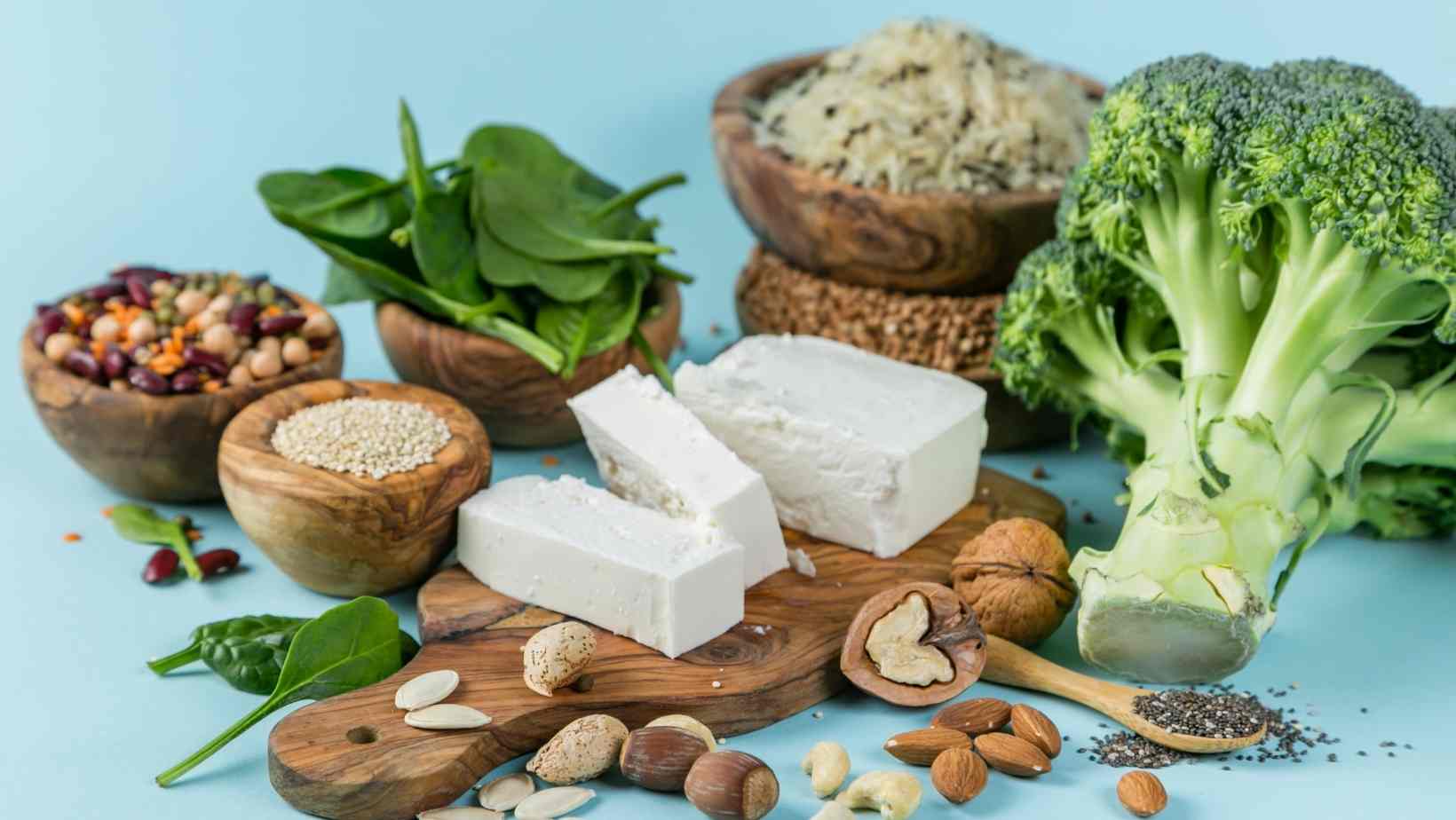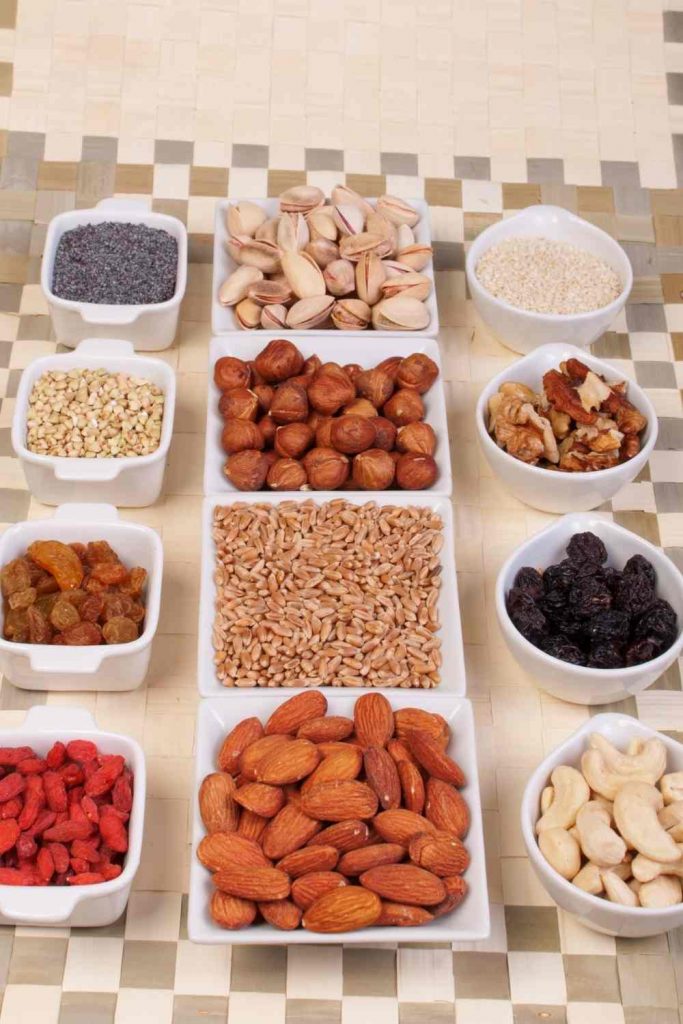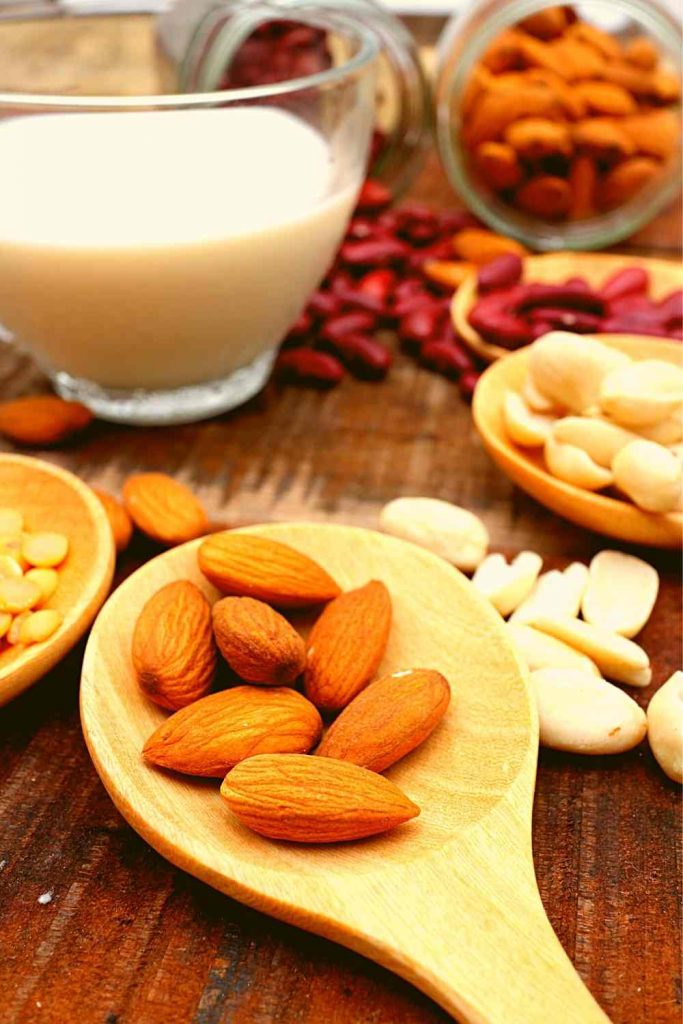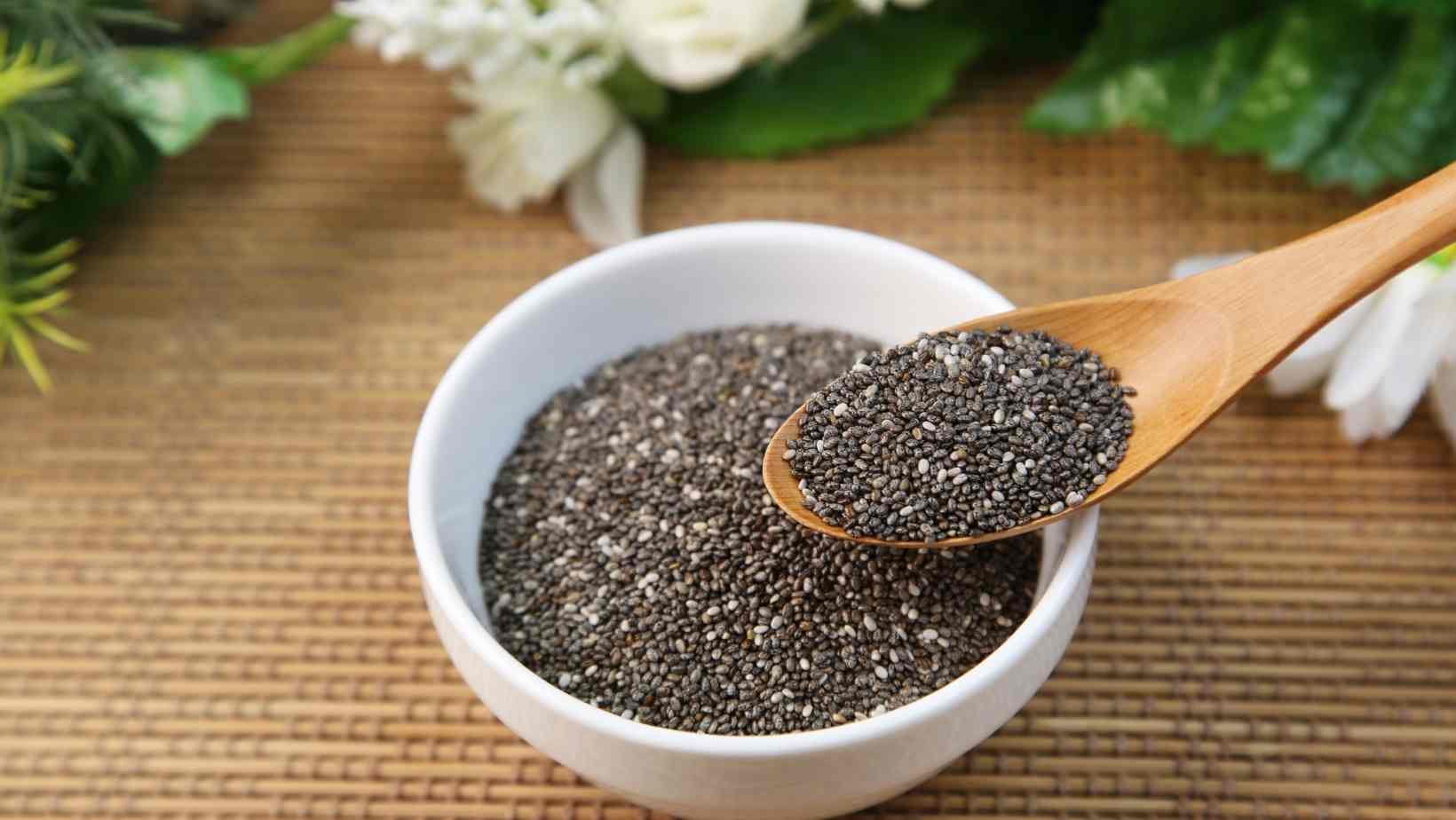Protein is an essential component of our everyday diet. They give the growth factors that our muscles, cells, and other important tissues need to be healthy and operate correctly.
In India, a substantial percentage of people opt to eat a vegetarian diet. While this is a very healthy diet, it might be deficient in key nutrients, such as vitamin B12 and proteins. Although clinical data shows that persons who follow vegetarian diets have a decreased likelihood of developing heart disease and associated consequences, it is typical to find vegetarians with low vitamin B12 levels in clinical practice.

In this post, we will look at a short selection of vegetarian sources of foods.
Protein Requirements
Amino acids are the fundamental building elements of proteins. Throughout our lives, amino acids are required for cell growth and development. Proteins are the building blocks of not just our critical organs, but also our skin, hair, and a variety of other bodily components. We might lose muscular strength and mass, as well as become weaker if we take less protein. When someone is suffering from a medical disease, eating a lot of protein may help them heal quicker.
Let's have a look at some of the vegetarian protein-rich meals that are available.
Vegetarian Protein-Rich Foods:
Jump to:
1. Lentils:
Lentils, commonly known as daal, are a common ingredient in Indian cuisine. Lentils offer roughly 18 g of protein per cup, making them a great vegetarian protein source. Lentils are delicious in soups or served with Rotis or rice.
In addition to protein, lentils include a significant amount of fiber, which may aid in the maintenance of healthy gut flora. There is some speculation that eating lentils on a daily basis may lower the risk of heart disease and cancer. However, a tiny percentage of people who eat lentils regularly may have excessive flatulence. This isn't exclusive to lentils, although it's common in those who eat a high-protein diet.
Lentils also include high levels of antioxidants and minerals that may help preserve cells. To receive your daily amount of protein, make sure you eat a cup of lentils.
2. Legumes:
Beans such as kidney beans, black beans, chickpeas, and other legumes are high in protein and are commonly regarded to be a protein powerhouse. Chickpeas include around 15 grams of protein per serving, as well as a variety of other nutrients and minerals that help you stay healthy, strong, and fit. Clinical studies have also shown that eating legumes on a regular basis can help lower cholesterol levels.
Chickpeas and other legumes are delicious in salads or curries that are low in fat and salt.
3. Nuts and seeds:
Nuts are, in a sense, superfoods. If you want to have a high-protein vegetarian diet, you might consider adding nuts to the meal. Almonds and cashew nuts, for example, are high in protein and should always be included in the protein foods veg list.
Approximately 6 g of protein may be obtained by consuming 20 to 25 whole almonds per day. However, this might be a lot to consume all at once, and even eating a handful of mixed nuts every day will provide you with the protein boost you need. Not only that, but nuts are also high in dietary fiber and vitamin E.

Make sure to include nuts in your daily diet if you're seeking a heart-healthy snack and a protein-rich meal for vegetarians. However, limit your salt consumption and avoid eating salted nuts.
4. Green Peas:
Green peas may not seem to be a high-protein food at first glance, but they are. A cup of these leafy greens has roughly 9 grams of protein. They're also high in vitamins A, K, and C, as well as a variety of minerals and fiber. Green peas may help you receive the extra protein your body needs by simply adding them to your vegetarian diet.
5. Quinoa:
Quinoa is slowly gaining popularity in India as a nutritious, low-fat, high-protein diet. Quinoa has roughly 9 grams of protein per cup and is a great source of protein for diabetics. They also have a lot of complex carbs, a lot of dietary fiber, and a lot of minerals in them. Quinoa should be on your list of protein-rich vegetables.
6. Soy Milk:
Recently, there has been a lot of promotion touting soy milk as a rich source of protein, which is completely accurate. Many people who are lactose intolerant need an alternate source of protein, and soy milk is an excellent choice, with approximately 7 grams of protein per cup. But it's not only the protein that makes soy milk so nutritious; it's also high in calcium, vitamin B12, and vitamin D. The latter vitamins, on the other hand, are generally present in fortified soy milk.

You may either add soy milk to your tea or coffee or drink it straight. Avoid the sweetened type, as it will increase your body weight and negate the health benefits of eating this protein-rich dish on a regular basis.
In addition to milk, there are a variety of soy-based products that are high in protein. Tofu (made from the curd of soy milk), edamame (a boiled or steamed delicacy prepared from immature soybeans), and tempeh are examples (a fermented preparation native to Java, it is made in a cake form). These products offer comparable health advantages as soy milk since they retain a high protein content while also providing additional nutrients. They may also alleviate hunger pains since, unlike soy milk, they are solid meals, which helps you eat less. These products may therefore help you meet your daily protein requirements while also assisting you in your weight loss efforts.
7. Oatmeal:
Oats are, without a doubt, superfoods. They're heavy in protein, but they're also high in soluble fiber, which has been scientifically proven to help decrease cholesterol and lessen the risk of heart disease. A tiny cup of oats has roughly 6 grams of protein and a fourth of your daily fiber needs. Avoid masala oats and ready meals, since they have greater levels of salt and may not provide the healthy start to the day that you were hoping for. Instead, purchase ordinary oats and eat them with milk and a tablespoon of honey with almonds sprinkled on top. You may also throw in a handful of berries or slice up some fruit. A cup of oats first thing in the morning is a terrific way to get your day started.
8. Chia Seeds:
Chia seeds have lately gained popularity in India, where they are increasingly being utilized as a superfood. Chia seeds include 6 grams of protein and 13 grams of fiber in a 35-gram serving! They are also abundant in minerals like calcium, magnesium, and iron, as well as omega-3 fatty acids and various antioxidants that may help you stay in fighting shape.

Chia seeds are simple to utilize, but make sure you get the organic kind. Also, be sure the seeds you're eating aren't basil seeds, which look a lot like Chia seeds. Simply soaking Chia seeds in water for a few minutes and drinking them with your favorite beverage will provide your body with the nutritious boost it needs. Chia seeds are an excellent source of protein for vegetarians.
9. High Protein Vegetables:
Vegetables are often thought to only include vitamins and minerals, as well as a tiny amount of carbs and proteins. However, other vegetables, such as spinach, potatoes, broccoli, asparagus, and even sweet potatoes, have a higher protein content. Though the amount of protein in each of them isn't comparable to non-vegetarian sources, at roughly 5 g per cup of cooked vegetables, it's still a good deal.
10. Fruits:
Fruits are often lower in protein than other foods. Fruits like bananas, guava, and some berries, on the other hand, contain a significant amount of protein. However, instead of relying on fruits as a source of protein, consider one of the alternatives indicated previously in this article.
The following is a very comprehensive list of vegetarian protein-rich foods. Make sure to mix and match each of them and include them as much as possible into your regular diet.




